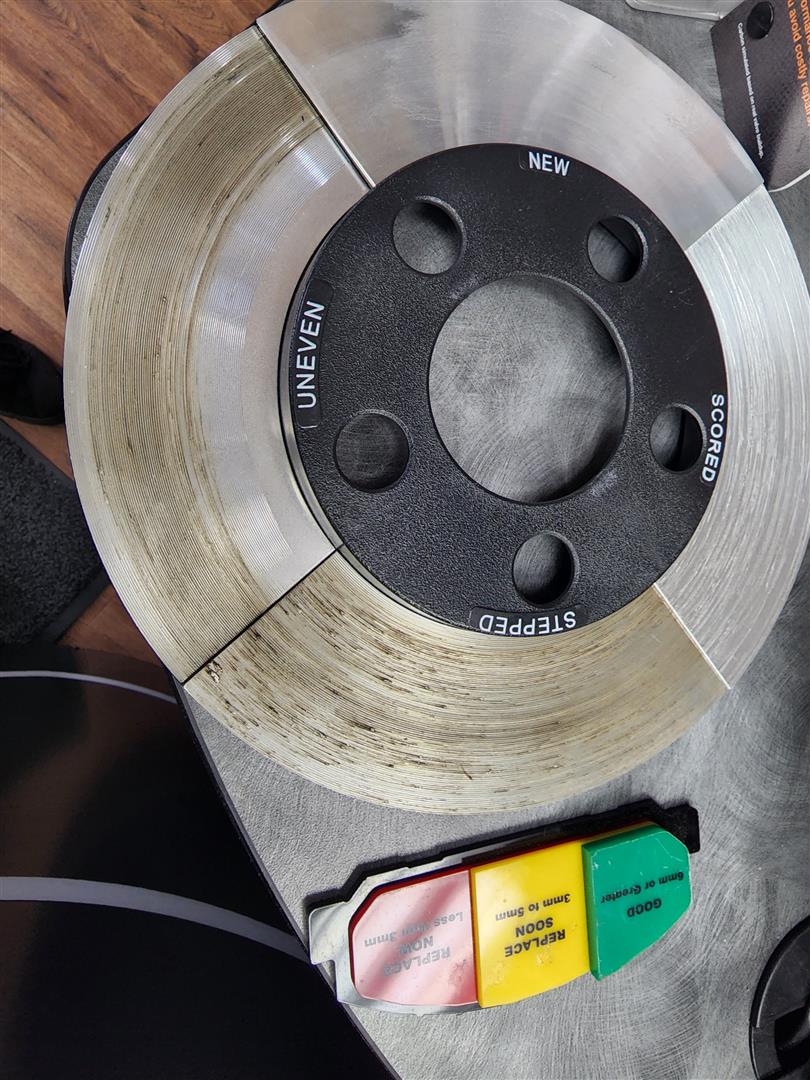Posted on 2/21/2023

Testing your vehicle's battery on every visit to the repair shop is important for several reasons: Battery Life: A battery's lifespan can vary greatly depending on factors such as weather conditions, usage, and age. Regular battery testing can help identify a battery that is nearing the end of its life, allowing you to replace it before it fails and leaves you stranded. Battery Health: Regular battery testing can also help identify a battery that is not holding a charge as well as it should. This can be caused by a variety of factors, including a faulty alternator or parasitic draw. Identifying these issues early can help prevent further damage to your vehicle's electrical system. Preventative Maintenance: Battery testing is a form of preventative maintenance that can help ensure the reliability of your vehicle. Catching a failing battery early can prevent more serious problems from occurring, such as a dead battery that requires a jump start or tow. Cost Savings: Regu ... read more
Posted on 2/2/2023

Changing your vehicle's brakes is an essential maintenance task. While the procedure can vary depending on the type of brake system and specific vehicle, here is a general step-by-step guide to help you change your vehicle's brakes properly: Note: This guide assumes you have a basic understanding of automotive maintenance and access to the necessary tools. If you are unsure, it's best to consult a professional mechanic. Gather necessary tools and materials: Lug wrench Socket wrench and appropriate sockets C-clamp or brake caliper compressor tool Brake cleaner Shop towels or rags New brake pads and rotors (if needed) Gloves and safety glasses Jack and jack stands Prepare the vehicle: Park your vehicle on a level surface and engage the parking brake. Loosen the lug nuts on the wheel(s) you'll be working on but do not remove them completely. Using the jack, lift the vehic ... read more